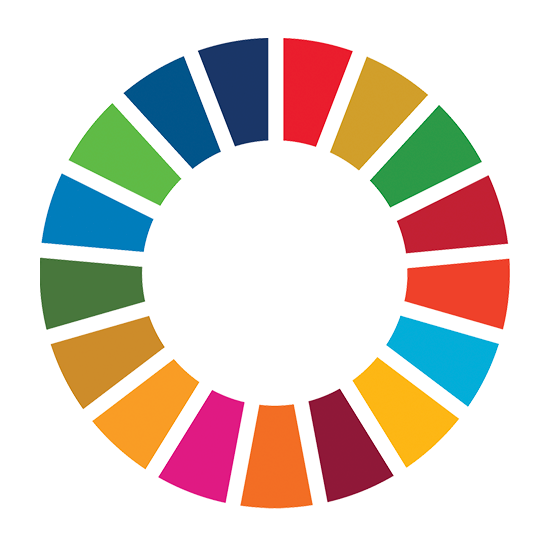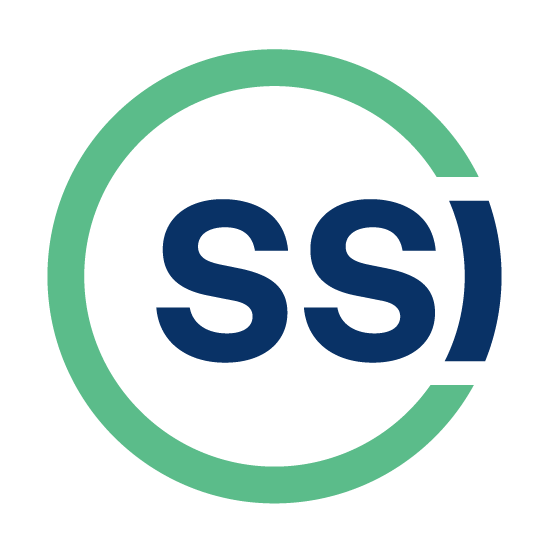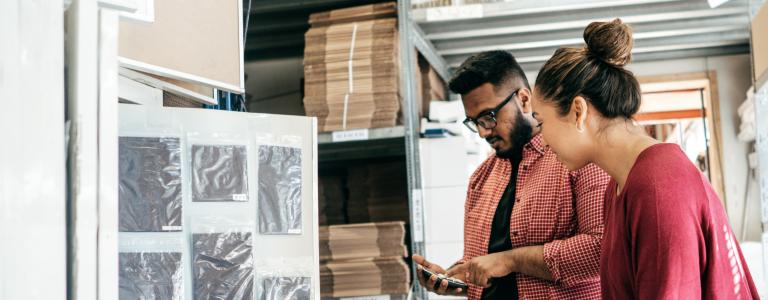The International Institute for Sustainable Development (IISD) is an award-winning independent think tank working to create a world where people and the planet thrive.
About IISDWhat We Do
Our research and policy work focuses on areas we deem ripe for transformation, where shifts in policy have the potential to change the game and where we have a proven record of making significant gains.
Flagship Initiatives

IISD Experimental Lakes Area
IISD Experimental Lakes Area (IISD-ELA) is an exceptional natural laboratory comprised of 58 small lakes and their watersheds set aside for scientific research.

NAP Global Network
The NAP Global Network works with partners in the world’s most vulnerable countries to develop and implement climate adaptation plans for a more secure future.

Global Subsidies Initiative
The IISD Global Subsidies Initiative (GSI) supports international processes, national governments, and civil society organizations to align subsidies with sustainable development.

The Intergovernmental Forum on Mining, Minerals, Metals and Sustainable Development
The IGF supports nations committed to leveraging mining for sustainable development to ensure negative impacts are limited and financial benefits are shared.

SDG Knowledge Hub
The SDG Knowledge Hub provides daily information on the implementation of the 2030 Agenda for Sustainable Development.

Earth Negotiations Bulletin
Earth Negotiations Bulletin provides balanced, timely, and independent reporting on United Nations environment and development negotiations.

Nature-Based Infrastructure Global Resource Centre
The NBI Global Resource Centre aims to establish the business case for nature-based infrastructure, providing data, training, and customized project valuations.

State of Sustainability Initiatives
The State of Sustainability Initiatives examines how voluntary sustainability standards can support environmental and social goals.
New Research
IISD publishes objective, independent, high-quality research on sustainable development issues, including reports, policy briefs, and toolkits.
Fitting the Pieces of the Puzzle
Governments are adopting sustainability standards for global value chains (GVCs), but businesses in the Global South face challenges in meeting these evolving regulations.
Inclusive Nature-Based Solutions for Climate Adaptation
Discover how climate change and biodiversity loss impact people differently and how inclusive nature-based solutions for adaptation can help.
New Perspectives

What Will Happen at COP 29?
Talks at the 2024 UN Climate Change Conference (COP 29) will range from defining a way forward on finance through a new collective quantified goal (NCQG) to mitigation, and loss and damage. Ahead of negotiations in Baku, IISD’s Earth Negotiations Bulletin Team Lead Jennifer Bansard examines the agenda and breaks down what to watch as eyes turn to Azerbaijan.

Advancing Gender Equality and Human Rights at COP 29: Why intersectionality matters
There has been resistance to integrating intersectionality language in UNFCCC discussions, but Angie Dazé explains why it is a key step toward climate justice.

How Can a Fossil Fuel Levy Cut Emissions and Finance Climate Action?
A levy on extracting fossil fuels could reduce emissions and help finance climate action. How can governments implement the most effective fossil fuel levy?
Stay connected
Be the first to hear what's new in sustainable development. Sign up for our bi-weekly updates to receive a curated selection of our latest reports, articles, projects, and upcoming events.
Yes, please!Our Impact

Women Turning the Table on Food Loss and Waste in Kenya
A group of changemakers led a movement to tackle food loss and waste in Kenya. IISD experts have been working closely with local women leaders to make change happen.

Hope Springs: How one community brought a river back from the brink
For over a decade, a small group of community members in Zambia

Fueling Change: The journey to end fossil fuel subsidies in Canada
How Canada became the first country in the world to introduce a framework for ending government subsidies to domestic oil and gas companies.




